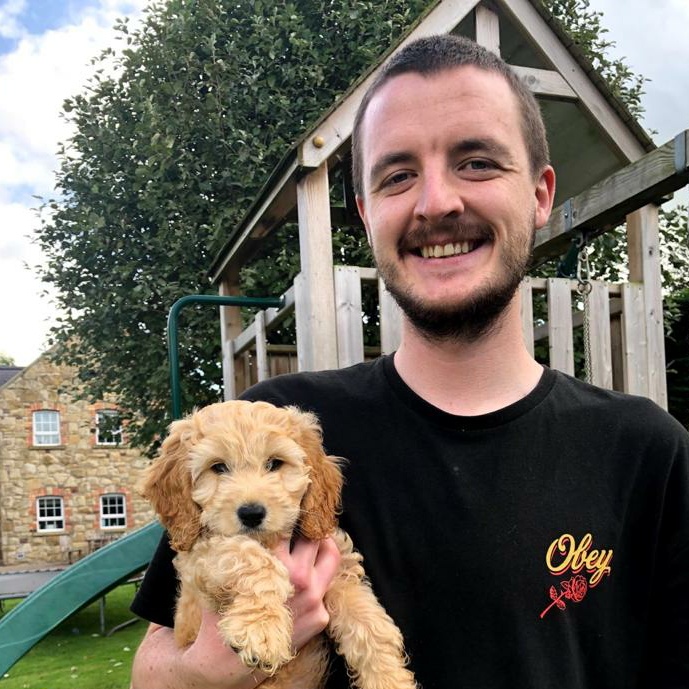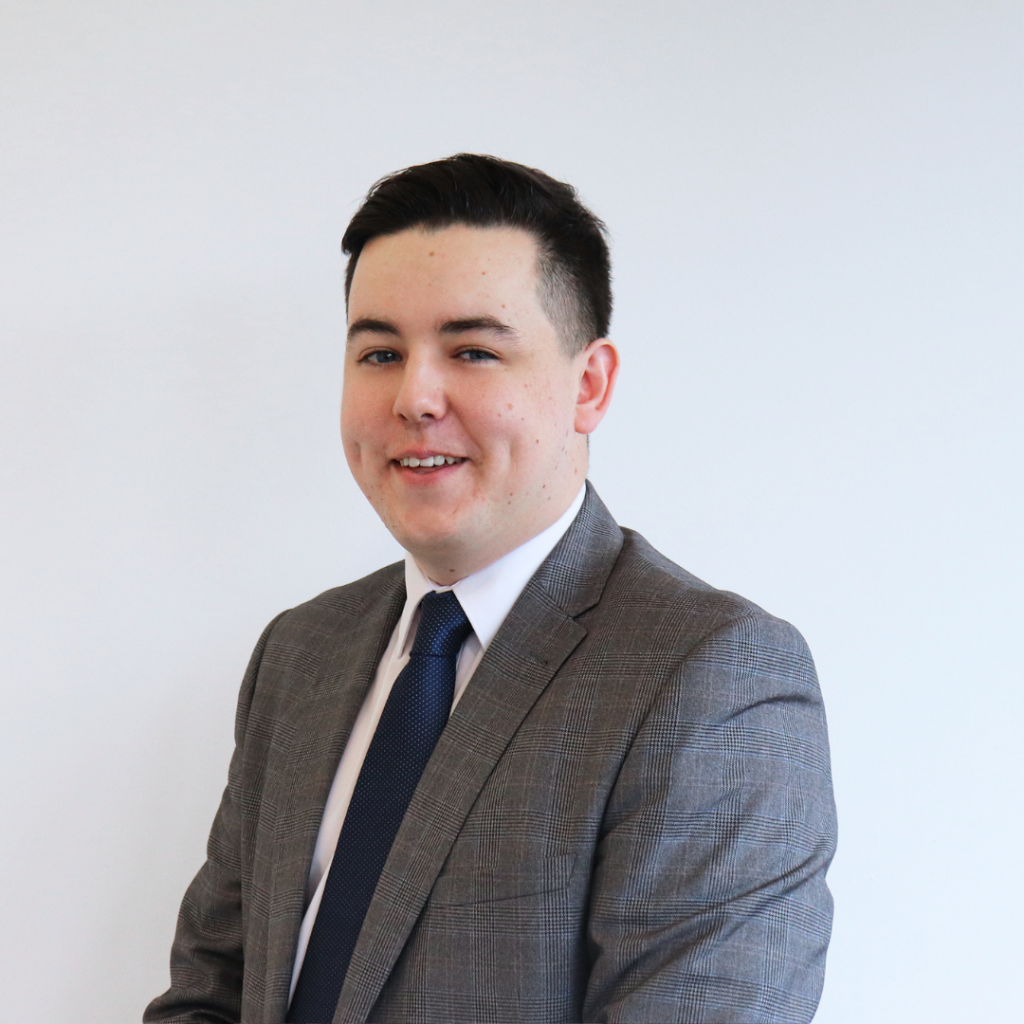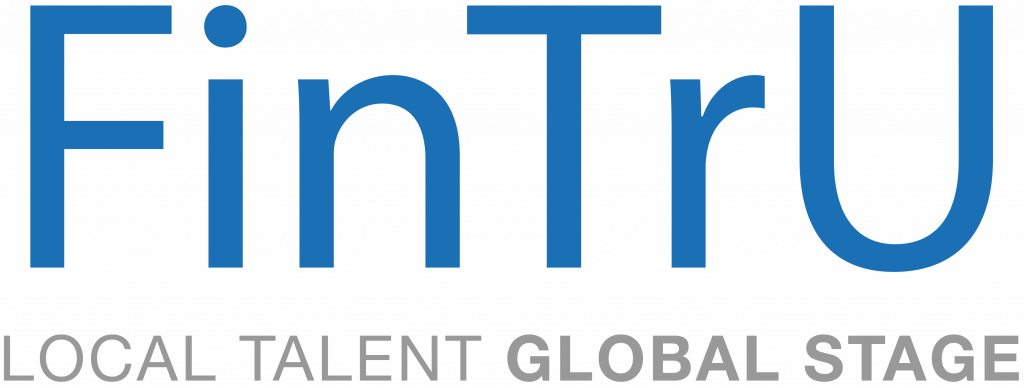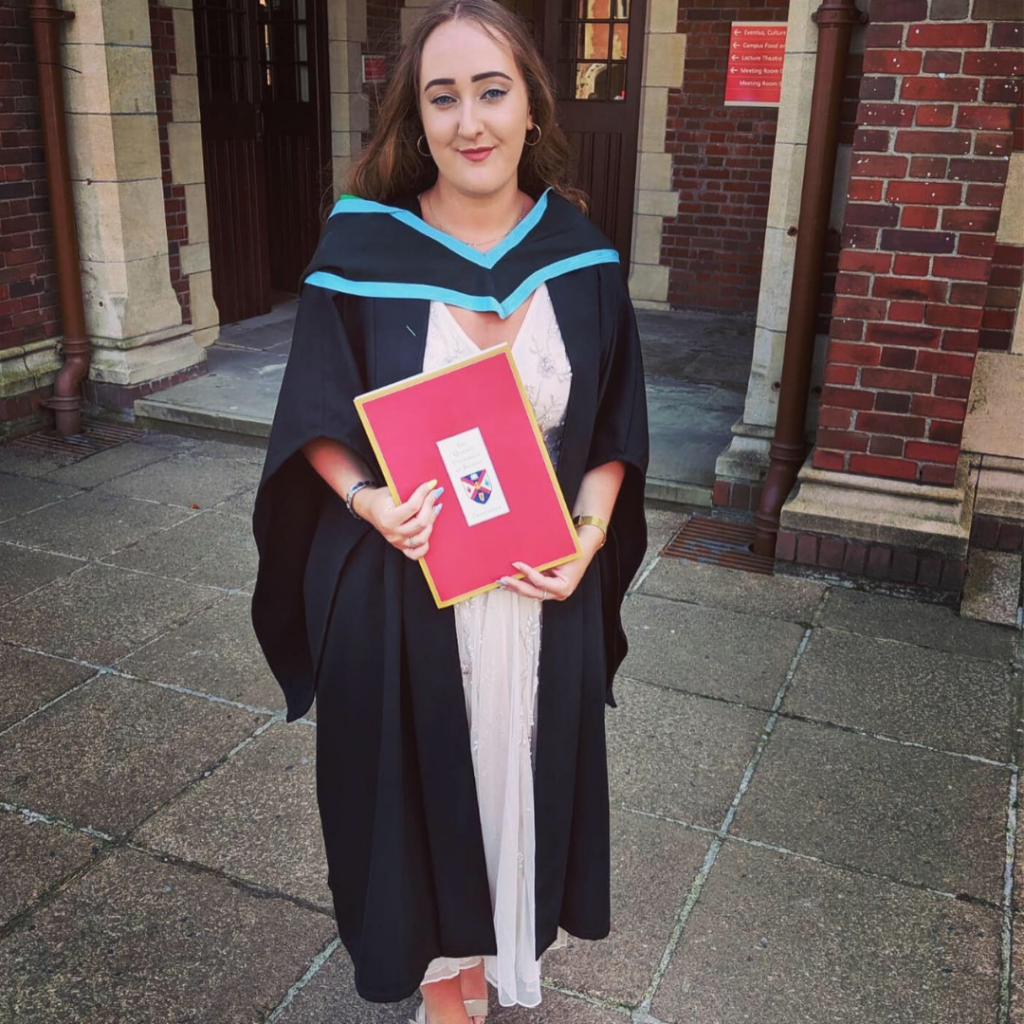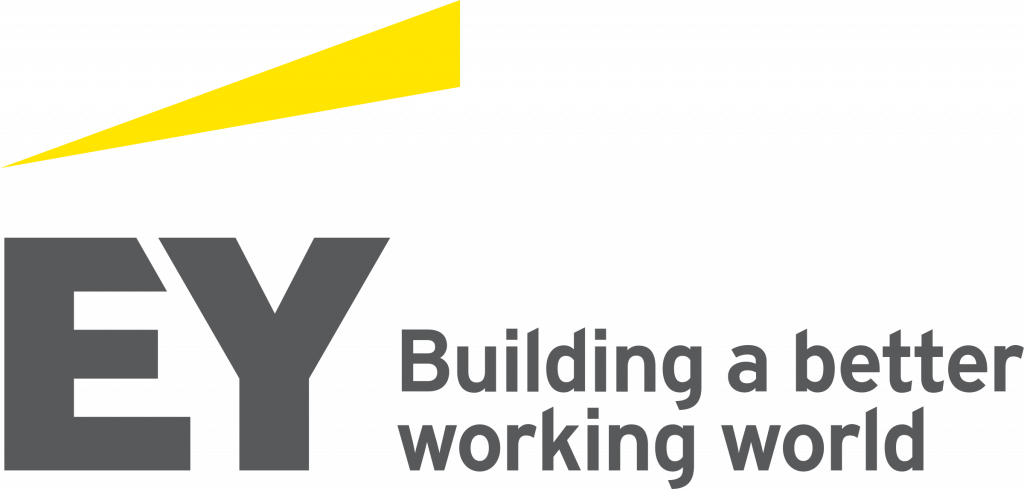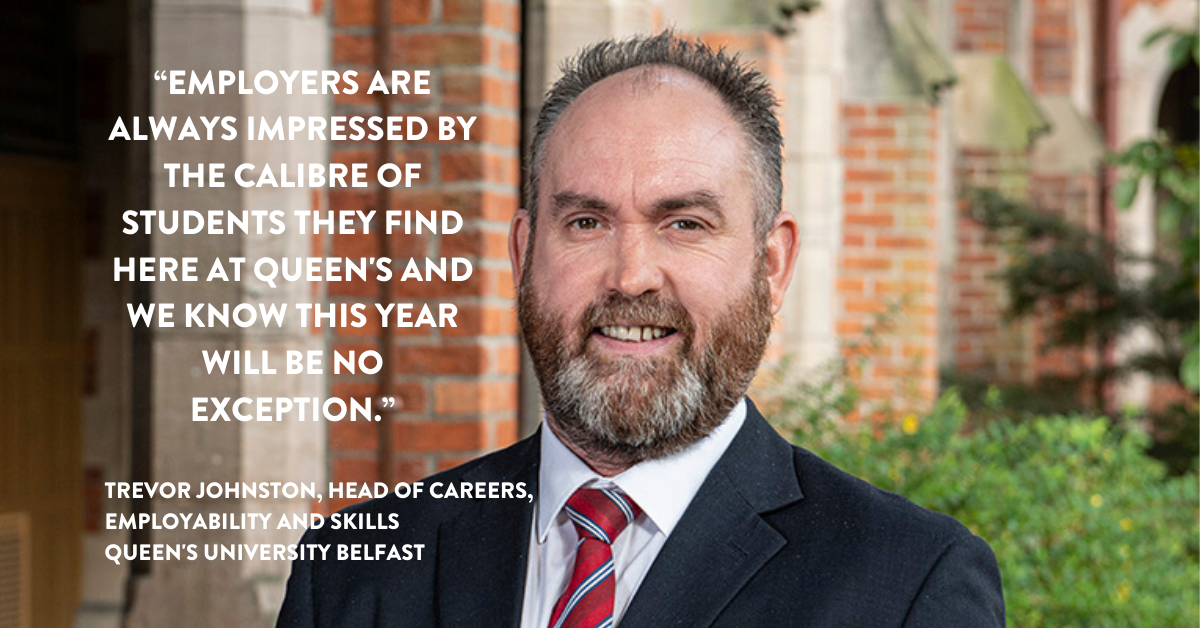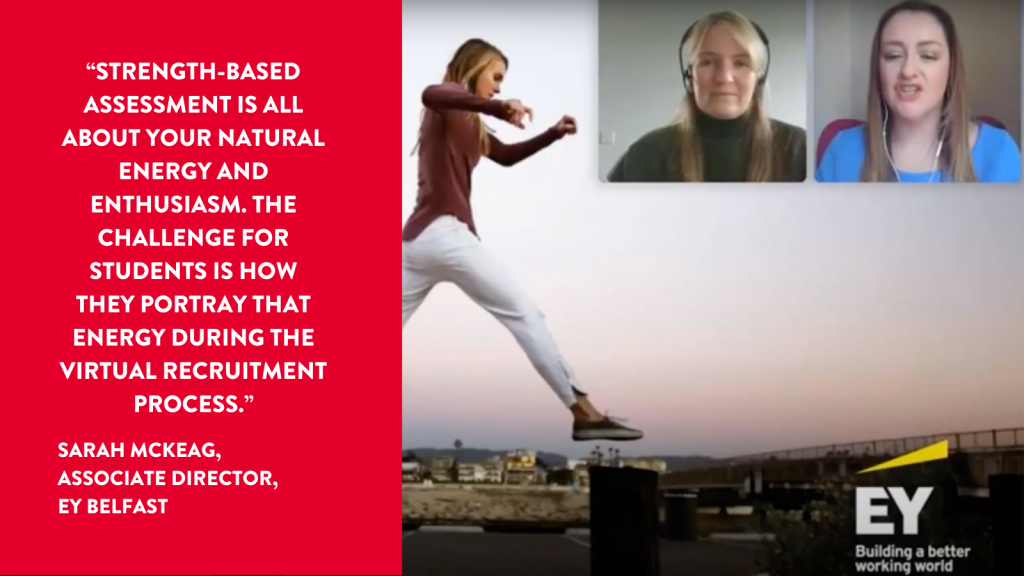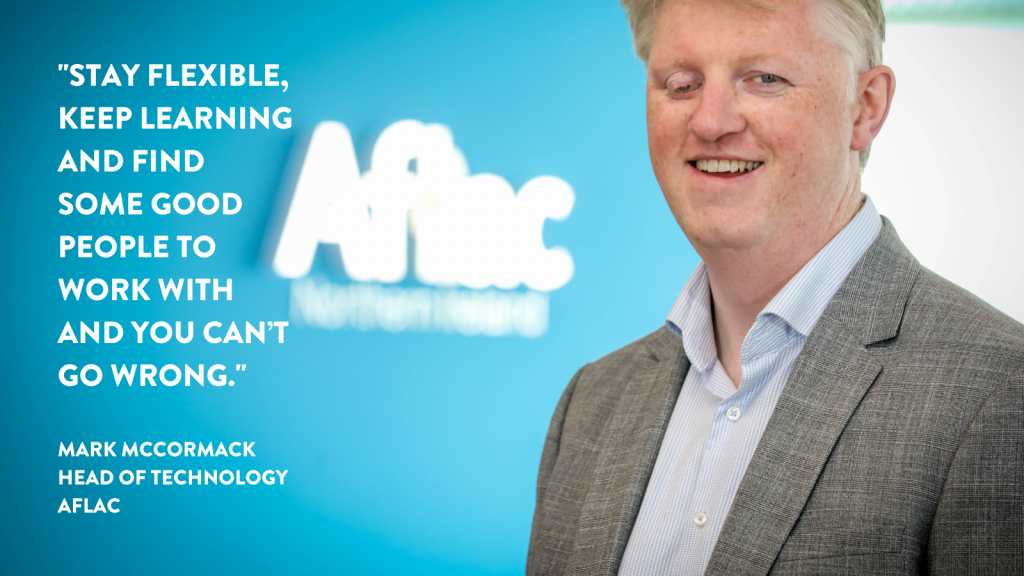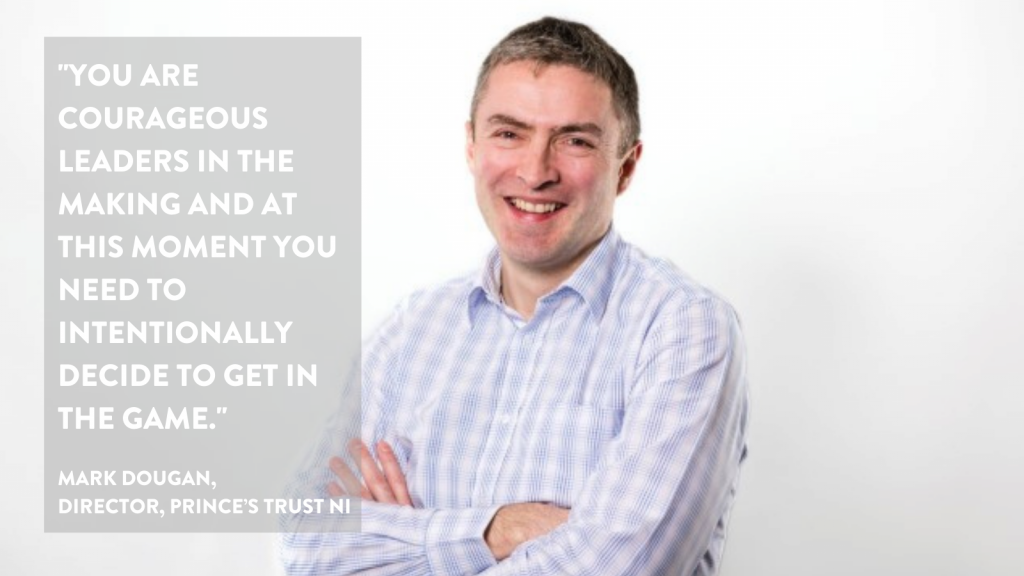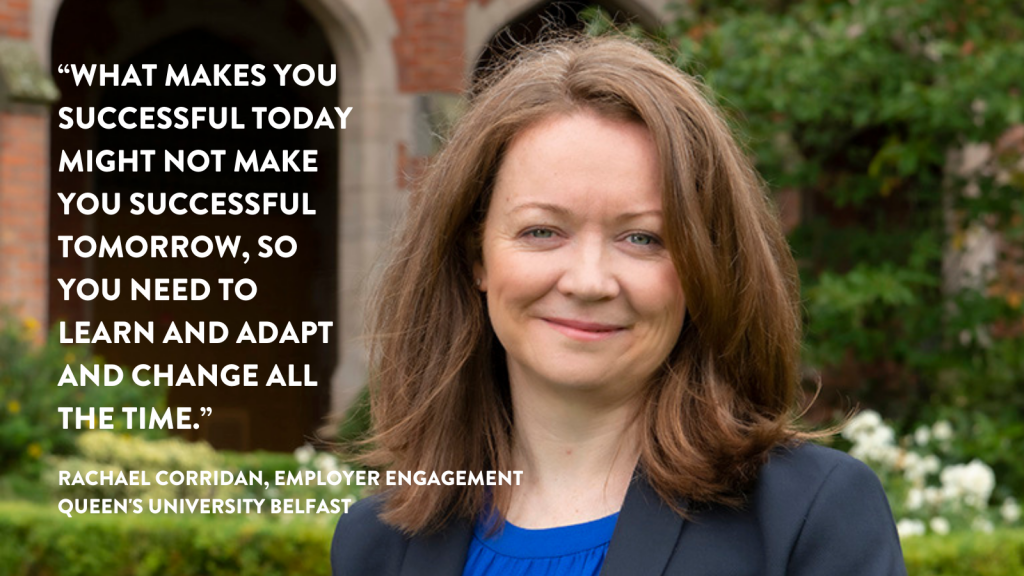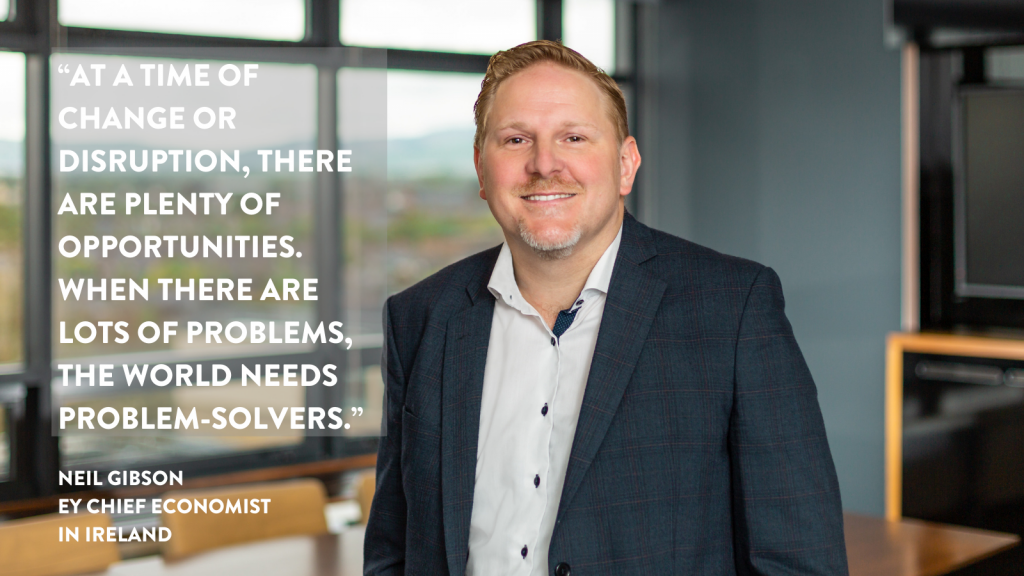BSc Hons Biological Sciences graduate Laura Cummings is now a Laboratory Manager at Randox. Here is how she got there…
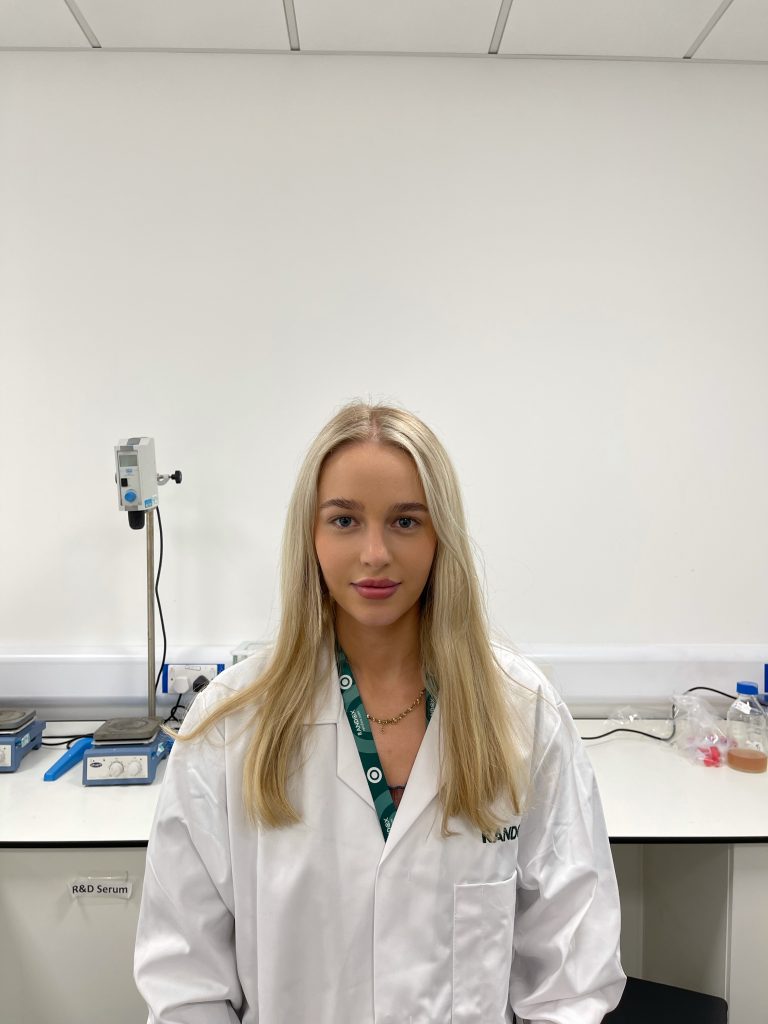
Describe your career path to date.
I studied Biological Sciences at Queens University Belfast and then worked at ALS Environmental in England for a few years as a Senior Organic Chemist. I was fortunate to be able to move back home and find a job not just in my field of science but in a company that has made such an impact in the fight against coronavirus. I’m grateful that the team at Randox have recognised my skills and achievements and given me valuable opportunities for career progression, including my promotion to manager for the COVID labs.
Why Randox?
I have always had a passion for science from an early age and recognised that the opportunity that science can give you is incredible. It is a career path where I knew I would have a very fulfilling life with constant opportunities for learning and career progression.
I always wanted to do something valuable- something that genuinely helps others and makes the world a better place. I knew that Randox was the biggest innovators in Diagnostics and knew I had to get involved- I am proud to work for a company that is dedicated to improving healthcare and am excited our advancements for the future.
What is your current role like? What about it makes you want to get up in the morning?
As the UK and Irelands largest COVID testing facility, Randox is critical to the national response to the pandemic. We run up to 120000 daily tests for the UK Governments National Testing Programme so the timely release of accurate and reliable results is key. We have a big focus on quality and are always looking for ways to improve our policies and processes. We have, for example introduced a range of innovative robotic systems which automate the unpacking and racking of samples before they get tested by our scientists. All this takes very active management.
What does an average week look like for you?
Our staff work 24/7 and my role as a laboratory manager is to make sure that they have everything they need to do their job. I ensure that the labs run smoothly, provide solutions for any issues that may arise and monitor the performance of the testing process.
What is the most challenging part of the job?
Diagnostics is constantly evolving, and we are always developing and streamlining current processes- currently we are expanding to mobile testing sites over the UK and Ireland therefore sometimes it can be a challenge to keep up but this is also one of the most exciting parts of my job. There is power and confidence in adaptability and to be given the opportunity to bring staff along with the processes through training is very fulfilling.
What is the most rewarding?
Randox has employed more than 850 new staff into the COVID labs and to work with and learn from such a diverse and multi-disciplined team has been really rewarding. Everyone has risen to the challenge this pandemic has created and I am proud of how we have all pulled together as a team in a time of great need.
What are your career aspirations? What are their goals?
I am very fortunate to say that my current position as a laboratory manager has always been an aspiration of mine. Randox has provided me with opportunities which have been invaluable and I can only hope to continue to improve to become more involved in the growth at randox
In what way do you feel like you’re making a difference in your job?
I’m proud to be directly involved in COVID testing as it plays such a vital role in the effort to contain and reduce the spread of the virus and be to be making a difference for the sake of our family, friends and communities.
What expectations did you have about this career path that you have found differed from reality – either good or bad?
I thought a job in science would be very structured with little variability however, after starting my career with Randox it couldn’t be any different. The environment is such high paced with constant movement in terms of people, projects and patterns.
What skills did you learn at Queen’s that have helped you in your career?
My time at Queens taught me core technical skills both practical and analytical that were essential to my career development.
What advice do you have for students and graduates wanting to move into this area?
I think the future of the diagnostics industry is very bright and those thinking of a career in this area should definitely get involved. My advice would be to broaden your skillset, as long as your are willing to learn and put in the work you will find the career best suited to you.
How did your Queen’s experience help your personal and professional development?
Queens taught me to be proactive in regards to building my resume both with personal interactions and experience. There was always a wealth of support from university staff who enabled me to develop in areas of practical, analytical and interpersonal skills.
How did the people you met at Queen’s inspire you?
I found all the people I interacted with inspired me to succeed, one in particular was Dr Leonid Kulakov whose extensive experience, talent and rapport genuinely motivated and set a platform as to what I wanted to achieve in the future.
What’s the one thing you’ll never forget about your time at Queen’s?
All of the people I met!
Interested in Randox? Randox will feature on our @QUBCareers Instagram during the week commencing 28 June talking about commercial awareness. Visit the Gradfest2021 site to find out more.



